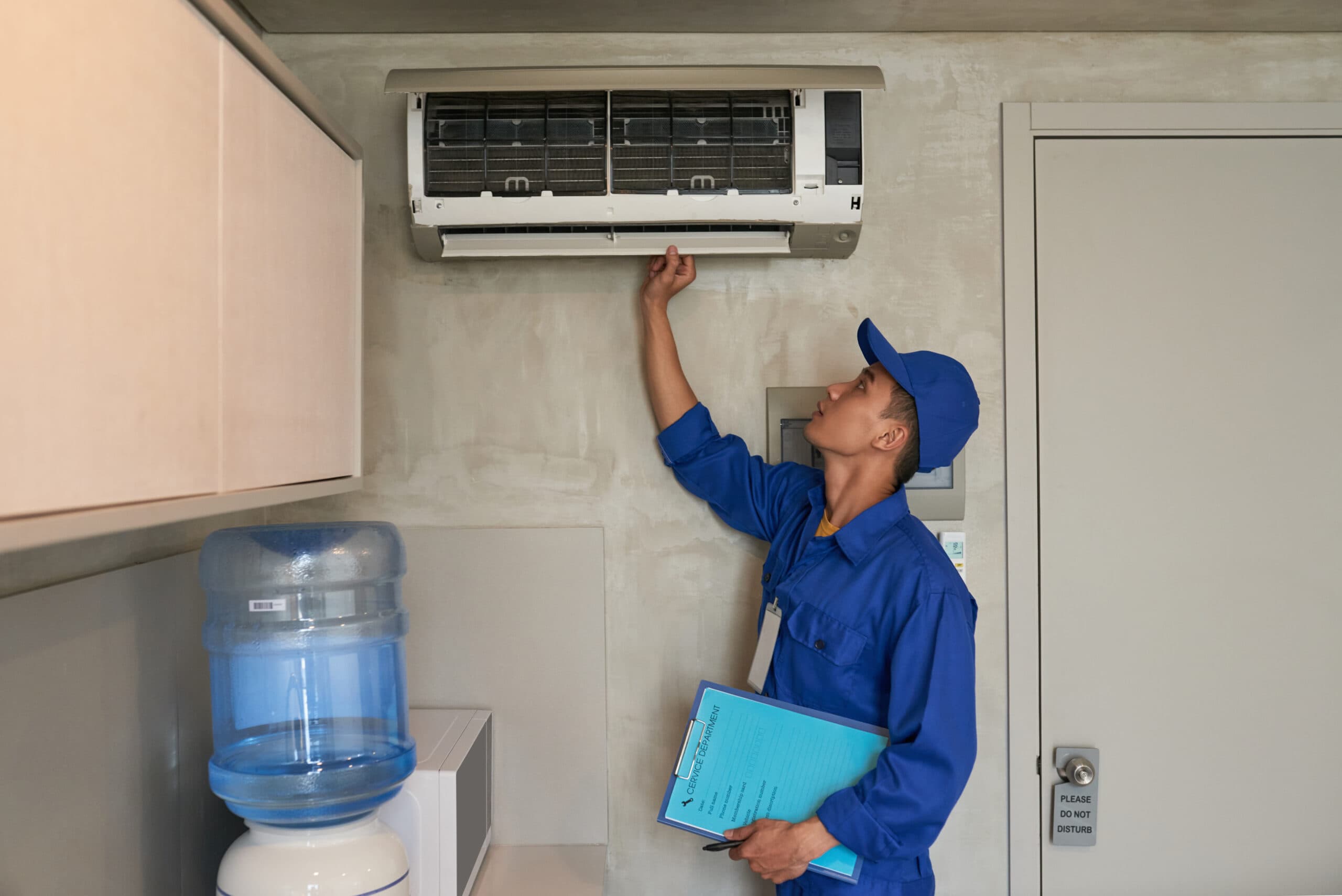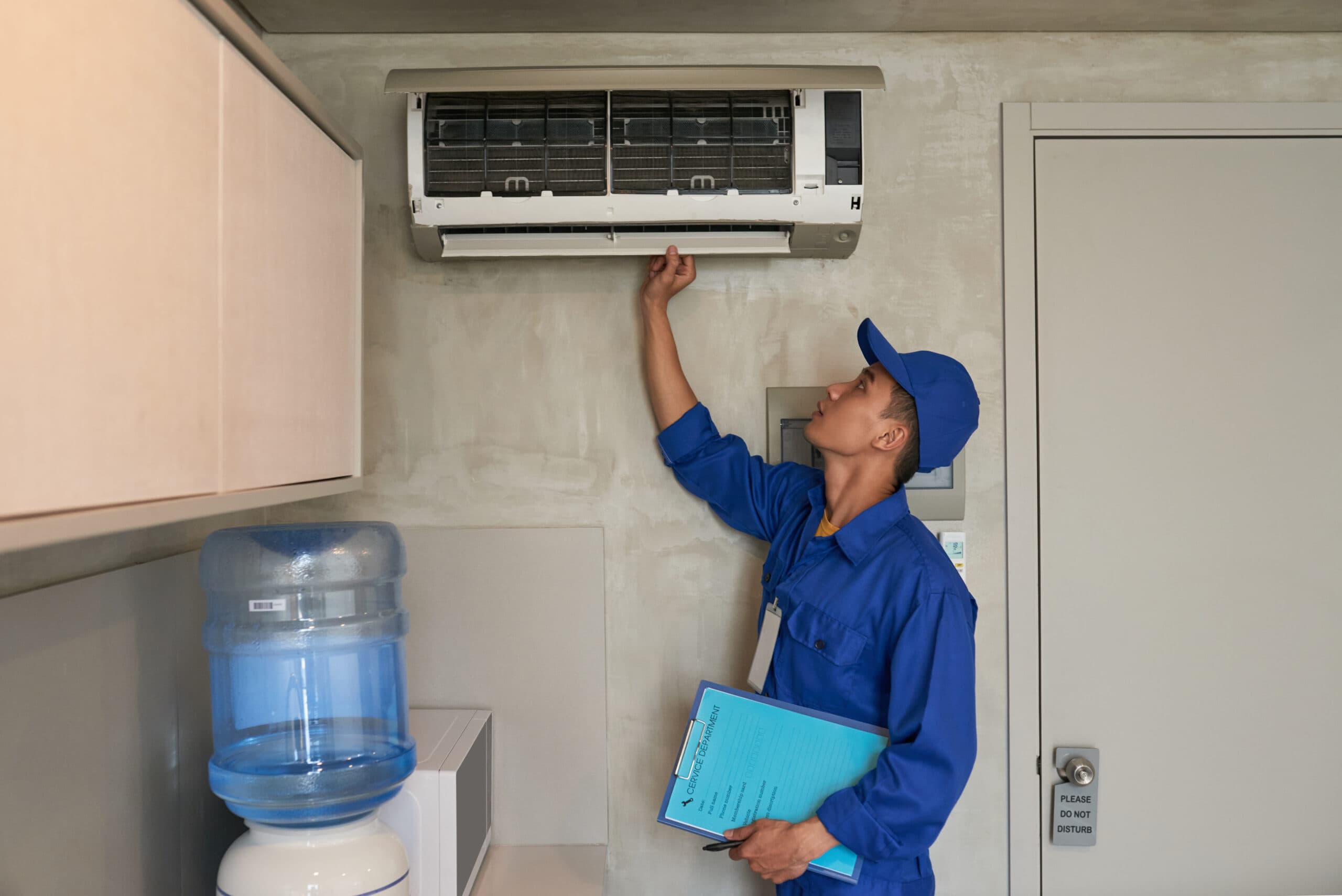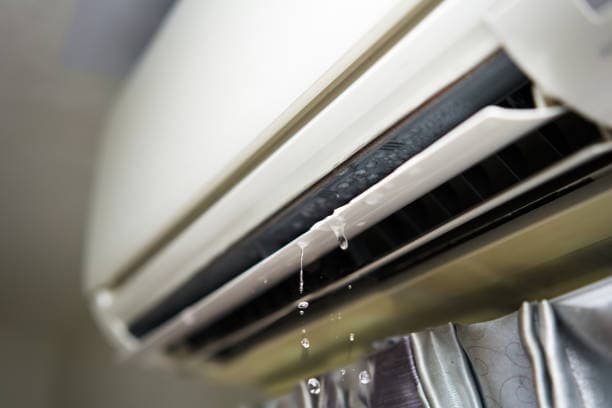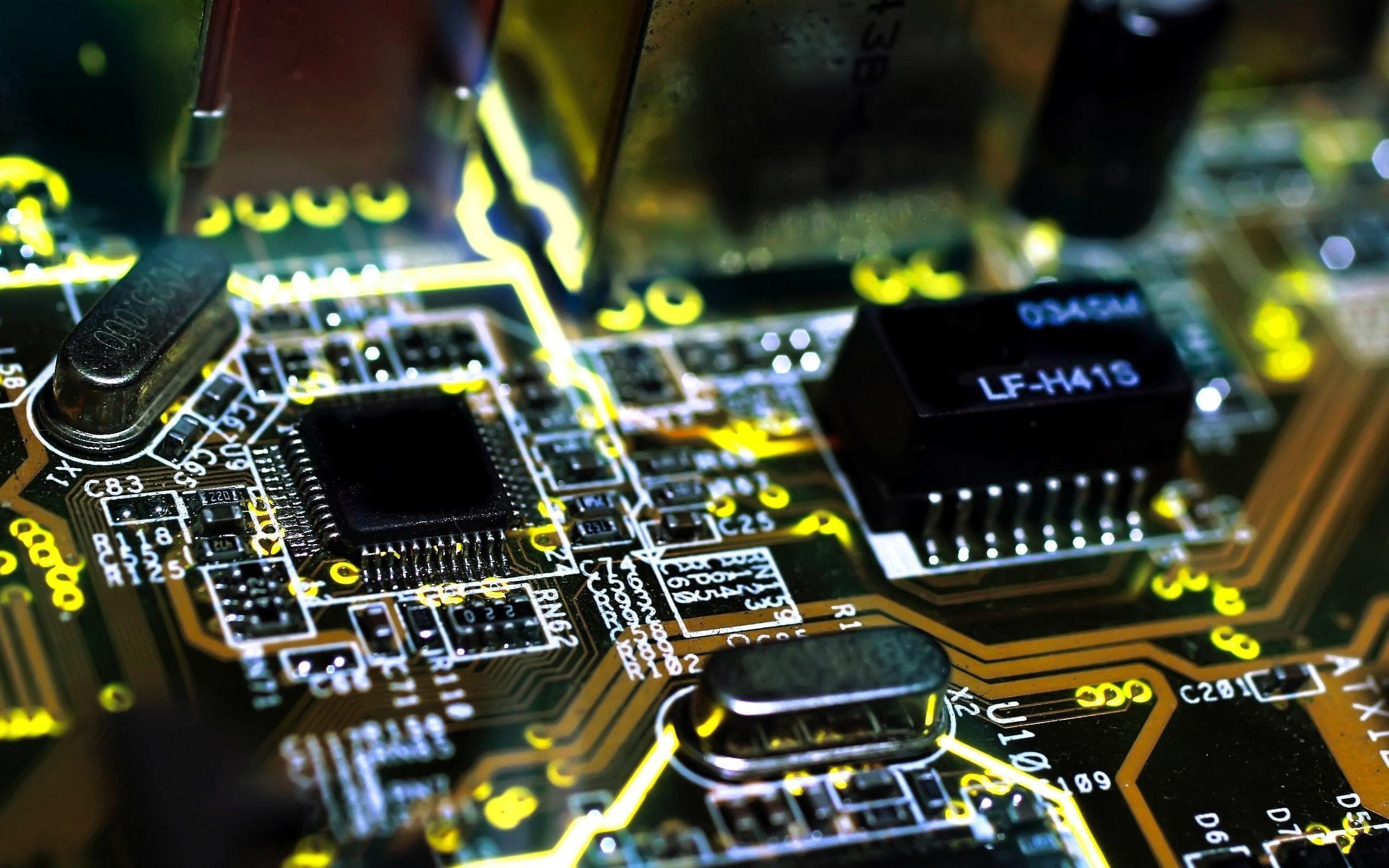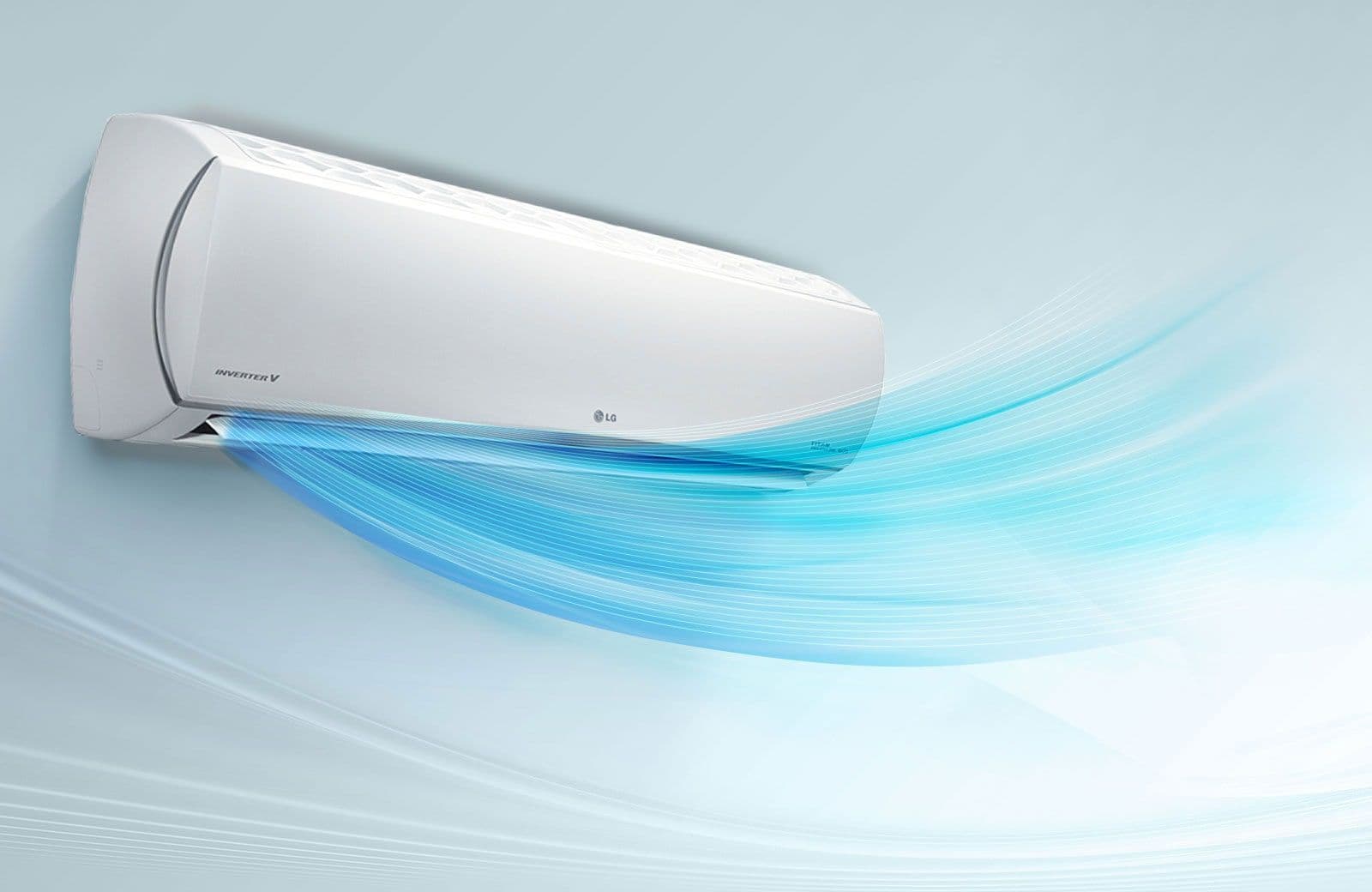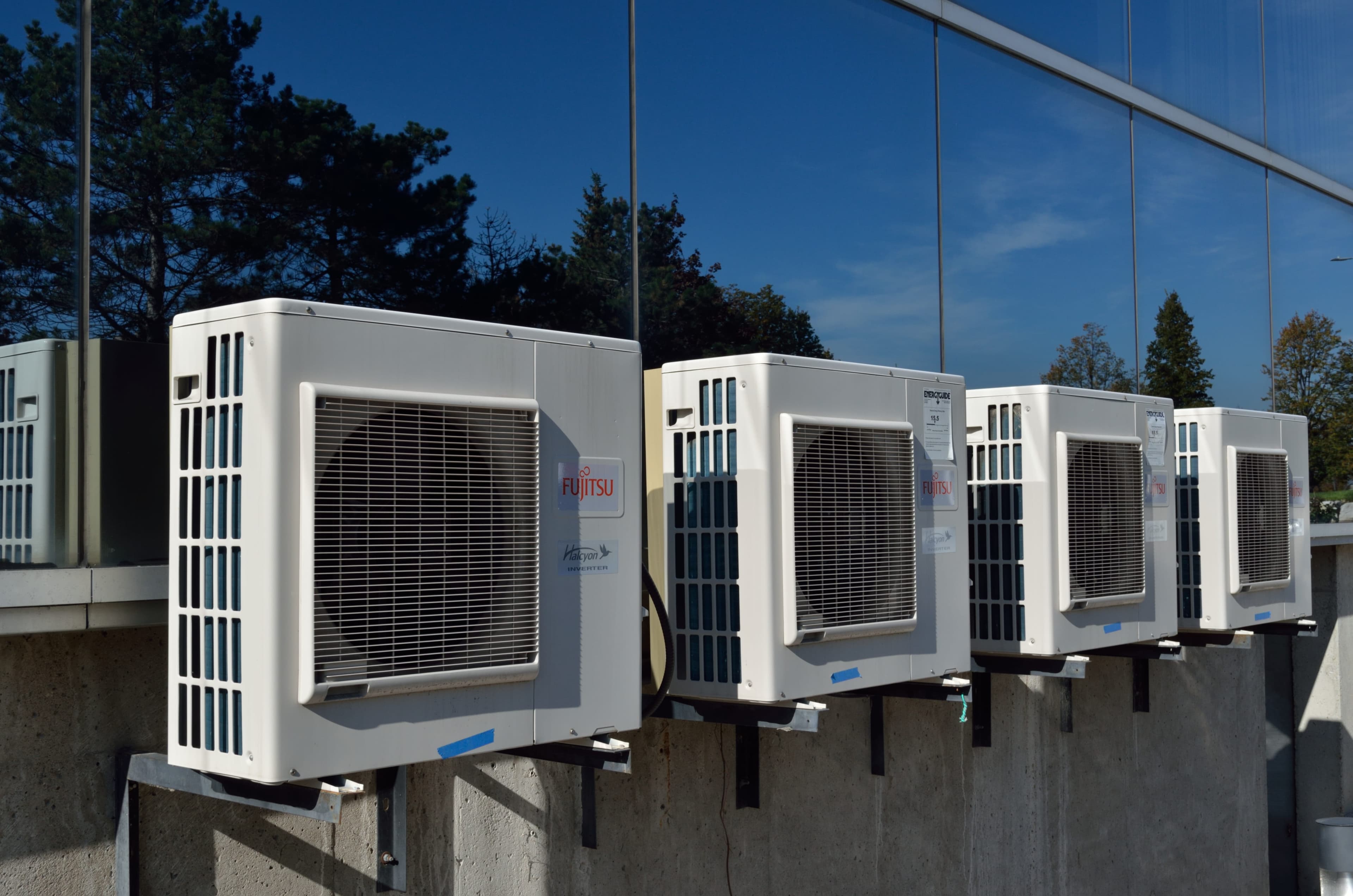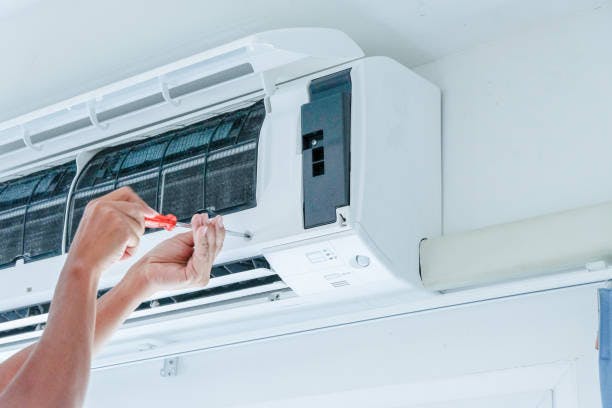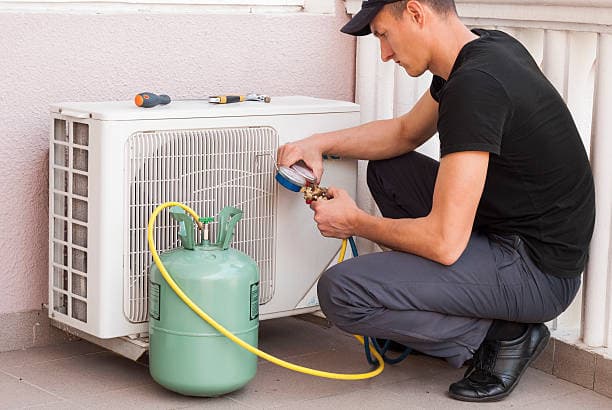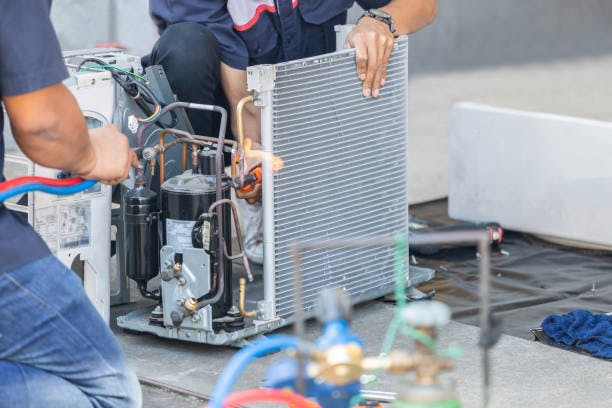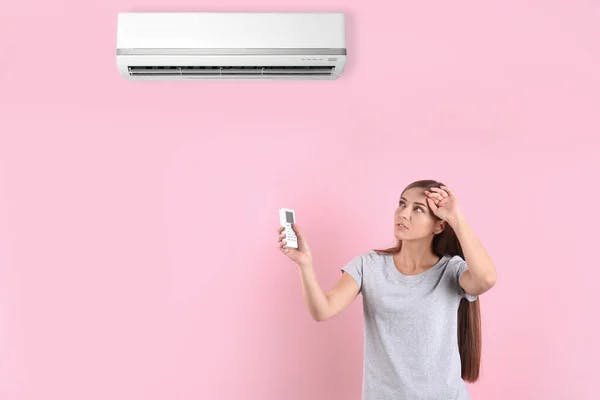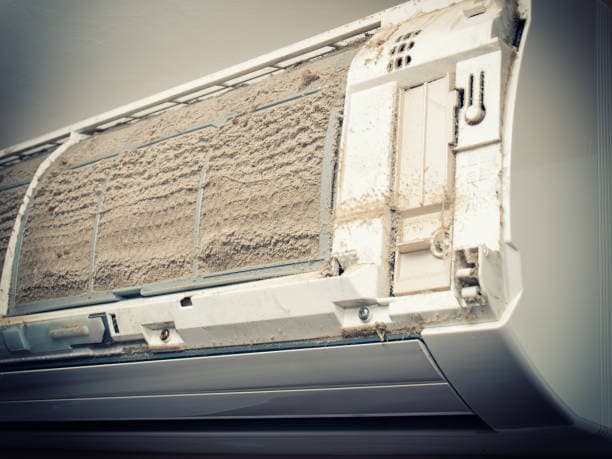Aircon units are essential for maintaining a cool and comfortable environment, especially in tropical climates like Singapore. Over time, dust, mold, bacteria, and other contaminants accumulate inside the aircon, reducing its cooling efficiency and air quality. A chemical wash is one of the most effective ways to maintain your aircon.
Whether considering a DIY approach or hiring a professional, understanding the chemicals involved is crucial for proper aircon maintenance. We’re here to help you understand what which chemicals are used in an aircon chemical wash.
Following is the list of 8 commonly used chemicals for aircon cleaning:
- 1. Alkaline-Based Cleaners
- 2. Acidic Cleaners
- 3. De-Scalers
- 4. Rust Inhibitors
- 5. Biocides and Anti-Mold Chemicals
- 6. Surfactants (Detergents)
- 7. Deodorizing Chemicals
- 8. Enzyme Cleaners
1. Alkaline-Based Cleaners
Alkaline-based cleaners are commonly used in aircon chemical washes to remove grease, oils, and organic matter. These cleaners are highly effective for breaking down and loosening dirt and grime that has built up over time.
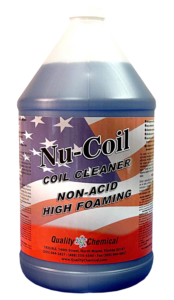
How they work:
The alkaline cleaner breaks down the oils and grease inside the aircon, making it easier to remove them during the wash. These cleaners are safe for most aircon components and effectively clean parts like the coils, fan blades, and filters.
Benefits:
- Removes oils and grease effectively
- Helps maintain cooling efficiency
- Safe for aircon components like coils and filters
2. Acidic Cleaners
Acidic cleaners dissolve mineral deposits such as rust, limescale, and other hard water buildup that can accumulate on the coils and drain pans. These deposits can block airflow, reduce efficiency, and even damage the aircon system.
How they work:
The acidic properties of the cleaner break down mineral buildup, allowing for easy removal. They are often used on components like the evaporator coils and drain pans to restore proper functionality and prevent further buildup.
Benefits:
- Removes stubborn mineral deposits
- Prevents airflow blockages
- Restores cooling efficiency
3. De-Scalers
De-scalers are specialized solutions designed to remove hardened mineral deposits—especially calcium and magnesium—that build up over time in aircon systems due to hard water exposure. These deposits can obstruct water flow, reduce heat exchange efficiency, and strain system components.
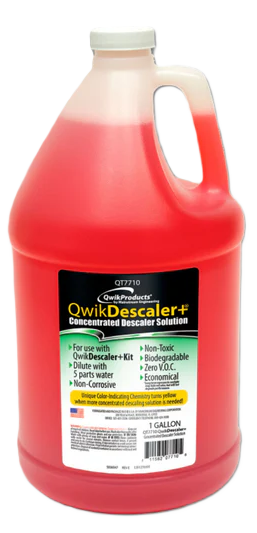
How they work:
De-scalers contain chemical agents that react with limescale and mineral buildup, breaking them down into soluble compounds that can be flushed out easily. They are typically applied to components such as condenser coils, heat exchangers, and internal piping where scale accumulation is most common.
Benefits:
- Dissolves tough limescale and mineral buildup
- Improves heat transfer and energy efficiency
- Prevents corrosion and long-term system wear
4. Rust Inhibitors
Rust inhibitors are protective treatments designed to prevent the formation of rust and corrosion on metal components within the aircon system. Moisture, condensation, and chemical exposure can lead to rust over time, compromising both performance and durability.
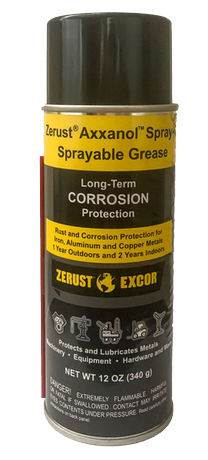
How they work:
Rust inhibitors form a thin, invisible barrier on metal surfaces, shielding them from oxygen and moisture—the key ingredients for rust formation. They’re commonly applied to parts like coil fins, drain pans, and metal casings to extend the lifespan of the unit.
Benefits:
- Prevents rust and corrosion on critical components
- Prolongs the life of the aircon system
- Reduces maintenance costs and premature part replacements
5. Biocides and Anti-Mold Chemicals
Mold and bacteria thrive in the moist environment inside your aircon unit, especially in tropical climates like Singapore. Biocides and anti-mold chemicals kill these harmful microorganisms, ensuring that your aircon delivers clean, safe air to your home.
How they work:

Biocides and anti-mold solutions target mold spores and bacteria inside the aircon. The aircon is disinfected using these chemicals, improving indoor air quality and preventing musty smells from circulating through your home.
Benefits:
- It kills mold and bacteria
- Improves air quality
- Prevents foul odors from developing
6. Surfactants (Detergents)
Surfactants, or detergents, are chemicals that lower the surface tension of water, making it easier for water to spread across surfaces and penetrate deep into the dirt. These chemicals are beneficial for breaking down dirt and grime that may have accumulated in the aircon unit.
How they work:
By reducing the surface tension of water, surfactants allow the cleaning solution to break through layers of dirt and grime. They are often used in combination with other chemicals to enhance cleaning effectiveness.
Benefits:
- It breaks down dirt and grime effectively
- Helps to clean hard-to-reach areas
- Ensures a deeper clean
7. Deodorizing Chemicals
Deodorizing chemicals neutralize unpleasant odors caused by mold, bacteria, or accumulated dust. These chemicals leave behind a fresh scent and help improve your home’s overall air quality.
How they work:
Deodorizing agents neutralize the molecules that cause bad odors, eliminating musty, stale, or chemical smells that sometimes come from an aircon unit. These chemicals ensure your aircon blows fresh, clean air after the wash.
Benefits:
- Eliminates bad smells
- Leaves aircon smelling fresh
- Improves the overall air quality in your home
8. Enzyme Cleaners
Enzyme-based cleaners are natural, non-toxic cleaners that use enzymes to break down organic matter such as food, oils, and grease. These cleaners are particularly useful in environments where non-toxic, eco-friendly solutions are preferred.
How they work:
Enzyme cleaners use specific enzymes to target and break down organic debris. They are gentle on the environment and the aircon unit while effectively cleaning components like filters, coils, and fans.
Benefits:
- Eco-friendly and non-toxic
- Breaks down organic matter
- Safe for households with children or pets


